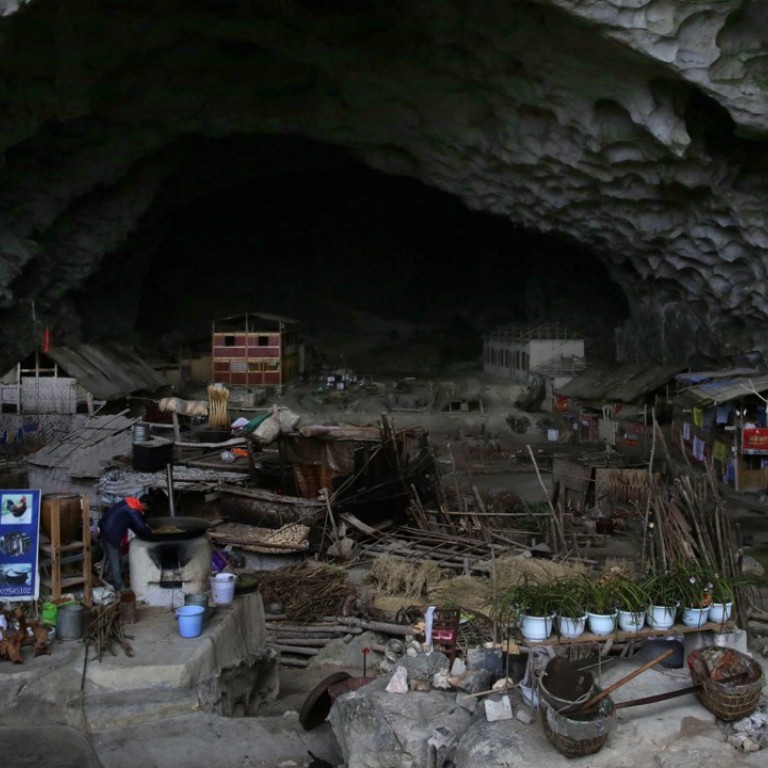
Alibaba promotes technology as best way to permanently eradicate poverty in China
While technology has dramatically changed the lives of those with disposable income, it is also the key to solving poverty in China where more than 30 million people are living on less than 3,000 yuan (US$469) a year, according to Alibaba executives.
Alleviating poverty and helping the impoverished earn money are two different issues, as the former only offers direct help to solve immediate difficulties while the latter gives people the ability to achieve prosperity, Jack Ma, founder and executive chairman of e-commerce giant Alibaba Group, said on Sunday at the China International Big Data Industry Expo in Guiyang, Guizhou province.
“Poverty in China needs to be addressed from its source, including changing the unbalanced allocation of educational and medial resources to these less developed areas. Today, with the help of big data and the internet, Chinese farmers can earn more money from the land they live on,” said Ma, referring to Alibaba’s online Taobao market place that lets farmers to sell their agricultural products to the rest of the country.
Alibaba, which in December announced the 10 billion yuan (US$1.5 billion) Alibaba Poverty Relief Fund, expects to deliver a multiplier effect to its original investment by achieving 100 billion or more in benefits by improving the environment and knowledge in China’s countryside with the help of technology.
Although China lifted 12.89 million people in the countryside out of poverty last year, there were still 30.46 million rural dwellers living below the national poverty line at the end of 2017, according to the National Bureau of Statistics (NBS). The Chinese government, which defines the poverty level as having an annual income per capita of 3,000 yuan, has pledged to stamp out poverty in the country by 2020.
In the battle to combat the problem in China, Alibaba hopes that its technology investments will help, according to Hu Xiaoming, the president of Alibaba Cloud Computing.
“We are trying to produce blood instead of transfusing blood,” Hu said at the same event on Sunday, adding that the company will train 8,000 students and technical practitioners in Guizhou province, one of the poorest in China, over the following three years, and help them connect with Alibaba’s business partners for employment opportunities.
Alibaba, the parent company of the South China Morning Post, said its poverty relief efforts will include enhancing health and education levels, improving ecological environmental conditions, and helping residents in poor areas sell more products through its online marketplaces.

